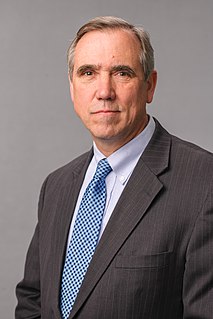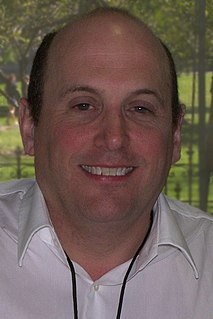Ein Zitat von John Fleming
In diesem Land kommt es zu nicht versicherter Pflege, und hier liegt das Problem. Es wird nicht richtig abgerechnet. Die Personen, die derzeit für die nicht versicherte Pflege aufkommen, sind die Krankenhäuser, die Ärzte und alle medizinischen Leistungserbringer.
Themen zitieren
Verwandte Zitate
Der Entzug des medizinischen Wahlrechts wird durch eine Vielzahl von Faktoren vorangetrieben, darunter der zunehmende Mangel an Hausärzten in bedürftigen Gemeinden und ein besorgniserregender Mangel an Anbietern, die bereit sind, Nichtversicherte oder gesetzlich Versicherte zu behandeln. Hinzu kommt, dass sich immer weniger Medizinstudenten für die Grundversorgung statt lukrativerer und spezialisierter Fachgebiete entscheiden.
Mit dem Affordable Care Act ermöglichte der Kongress den Zugang zu medizinischer Versorgung für fast 30 Millionen nicht versicherte Amerikaner. Der Zugriff ist von entscheidender Bedeutung, aber der Zugriff auf ein bereits defektes System wird keine dauerhafte Heilung bringen. Wir müssen die zugrunde liegende Frage stellen und beantworten: Zugang zu was?
Ich denke, wir können sehen, wie gesegnet wir in Amerika sind, Zugang zu der Art von Gesundheitsversorgung zu haben, die wir bieten, wenn wir versichert sind, und dass es ein Sicherheitsnetz gibt, selbst wenn wir nicht versichert sind. Was nun das Problem betrifft, wie hoch die Gesundheitskosten sind und wie wir das Gesundheitswesen reformieren ... das ist eine ganz andere Geschichte.
Ich denke, dass wir in unserem Land vor einer Reihe unterschiedlicher Herausforderungen im Gesundheitswesen stehen. Eine davon ist sicherlich der Umgang mit den Nichtversicherten, und die zweite besteht darin, sicherzustellen, dass die Krankenversicherten tatsächlich die Versorgung erhalten, von der sie annehmen, dass sie ihnen zur Verfügung steht, wenn sie krankenversichert sind sie werden krank.
Amerika hat die besten Ärzte, die besten Krankenschwestern, die besten Krankenhäuser, die beste medizinische Technologie und die besten bahnbrechenden medizinischen Medikamente der Welt. Es gibt absolut keinen Grund, warum wir in diesem Land nicht die beste Gesundheitsversorgung der Welt haben sollten.
Zu viele Amerikaner, die nicht oder unterversichert sind, lassen sich nicht regelmäßig untersuchen, weil sie sich keinen Versicherungsschutz leisten können oder ihre Versicherung nicht genügend Kosten übernimmt. Der Mangel an vorbeugender Versorgung führt zu unzähligen Notaufnahmen und Gesundheitskatastrophen für Familien.
Es wird als selbstverständlich angesehen, dass Arbeitnehmer ihren Lohn teilweise in Form von Sachleistungen erhalten, und zwar in Form einer vom Arbeitgeber bereitgestellten medizinischen Versorgung. Woher? Warum die medizinische Versorgung in den Vordergrund stellen? Sicherlich ist Nahrung nicht weniger lebenswichtig als medizinische Versorgung. Warum ist es nicht mindestens genauso logisch, dass Arbeitnehmer ihre Lebensmittel im Laden des Unternehmens kaufen müssen wie ihre medizinische Versorgung im Laden des Unternehmens?

































